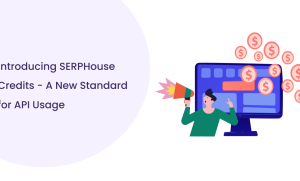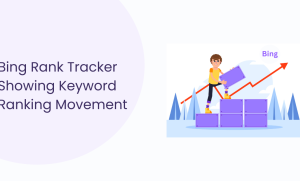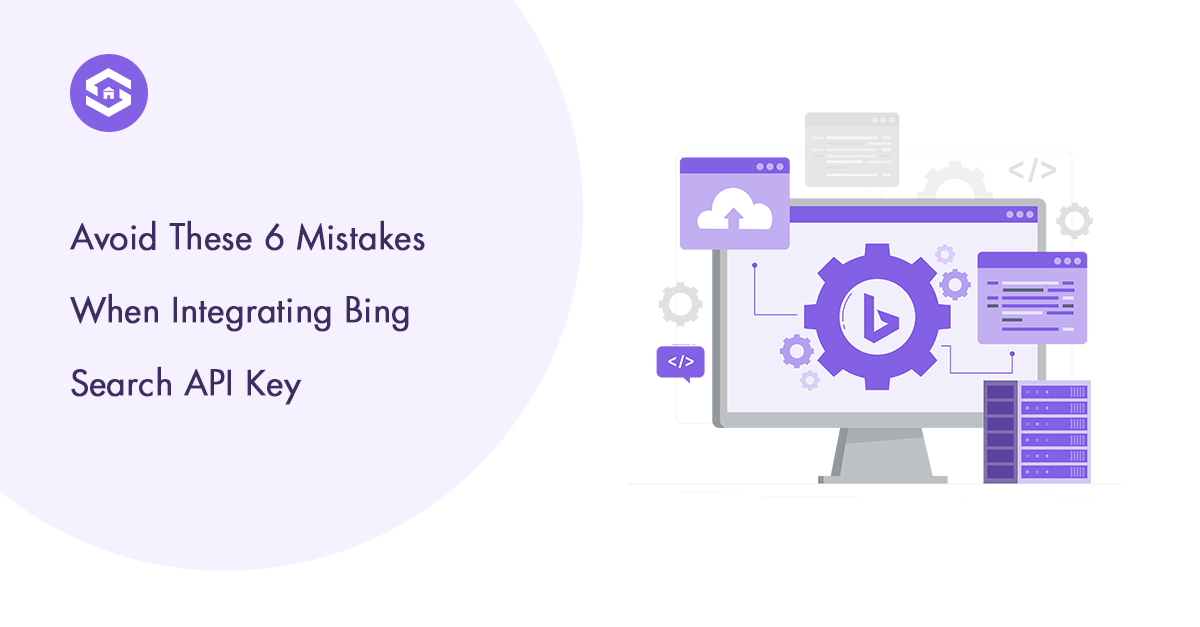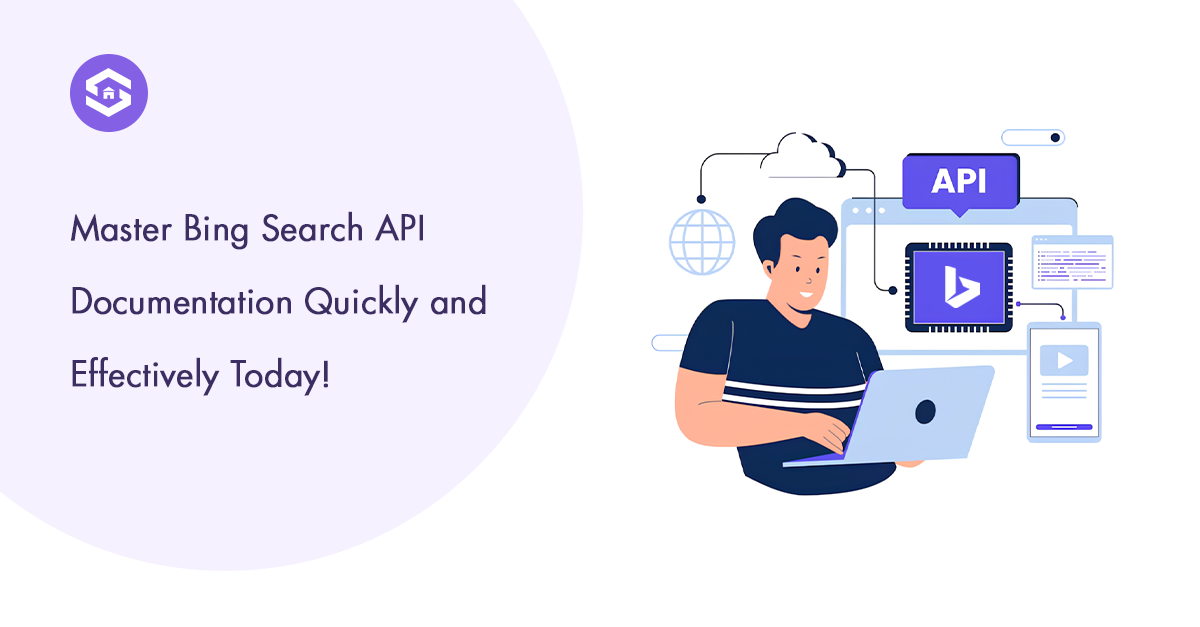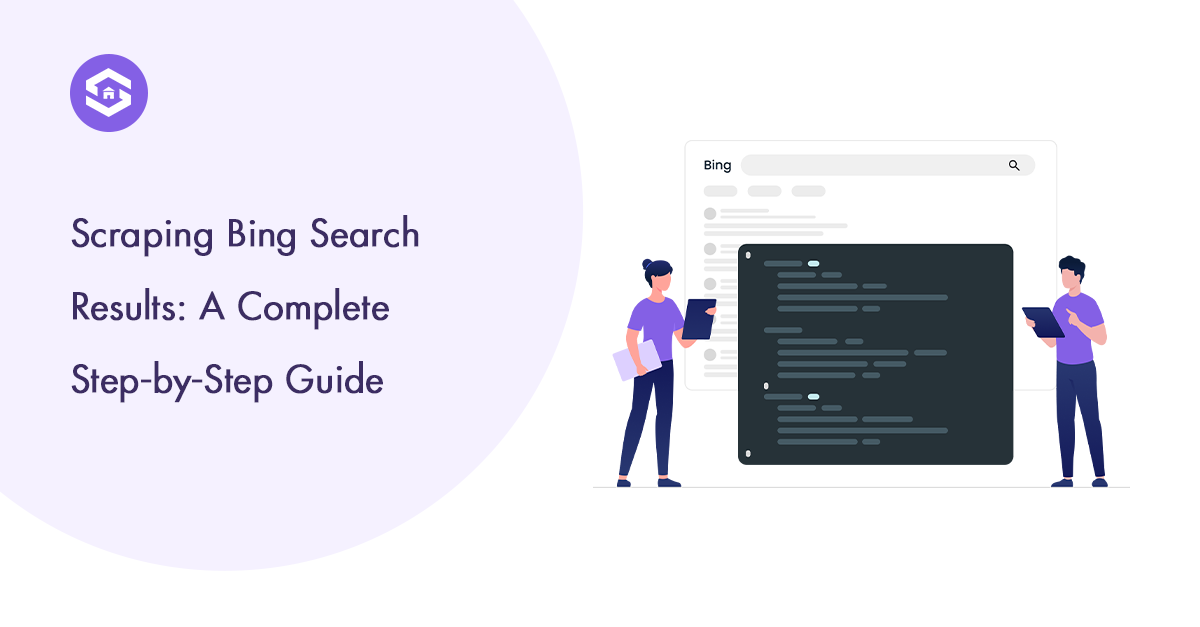Table of Contents
Table of Contents
The digital landscape thrives on information; unearthing the right data is paramount.
The Bing Search API is a powerful tool for those seeking insights into Bing search results.
This blog delves into the intricacies of Bing Search API parameters, empowering you to harness its potential and enrich your projects with valuable search data.
Understanding the Bing Search API:
The Bing Search API grants programmatic access to Bing’s search engine, enabling you to retrieve search results based on specific queries.
This empowers various applications, including:

- Market research: Gain insights into user search trends and identify popular keywords.
- SEO analysis: Track your website’s ranking for relevant keywords and monitor competitor performance.
- Content optimization: Tailor your content to align with user search intent.
- Price comparison tools: Gather pricing information from various sources.
Essential Bing Search API Parameters:
To effectively utilize the Bing Search API, understanding its parameters is crucial. Here’s a breakdown of some key parameters:
- q (query): This mandatory parameter specifies the search query you wish to execute.
- count (optional): Defines the number of search results to return (maximum of 100).
- offset (optional): Sets the starting point for retrieved results (useful for pagination).
- mkt (optional): Restricts results to a specific market (e.g., ‘en-US’ for the United States).
- safesearch (optional): Filters adult content from results (set to ‘Moderate’ or ‘Strict’).
Unveiling the Power of SERPHouse API:
For those seeking a seamless integration with the Bing Search API, SERPHouse API offers a compelling solution.
It acts as a middle layer, simplifying interaction with the Bing Search API and extracting valuable data.
Benefits of using SERPHouse API:
- Simplified API calls: SERPHouse API streamlines complex Bing Search API calls, making it easier to use.
- Additional features: It offers functionalities beyond the core Bing Search API, such as sentiment analysis and SERP feature extraction.
- Cost-effectiveness: SERPHouse API provides various plans to suit your needs, potentially reducing overall costs.
Putting it into Action:
You can unlock a wealth of search data by combining the Bing Search API’s capabilities with SERPHouse API’s user-friendly interface. Here’s a practical example:
Imagine you run an e-commerce store selling sports apparel. You can leverage the Bing Search API (through SERPHouse API) to:

- Track search trends: Identify popular sports apparel searches and adapt your product offerings accordingly.
- Monitor competitor rankings: Monitor your competitors’ rankings for relevant keywords and identify areas for improvement.
- Analyze user intent: Gain insights into what users seek when searching for sports apparel, allowing you to optimize your product descriptions and website content.
Trustworthy Resources for Further Exploration:
To delve deeper into the Bing Search API and SERPHouse API, here are some trustworthy resources:
- Bing Search API Documentation: https://learn.microsoft.com/en-us/bing/search-apis/bing-web-search/
- SERPHouse API Documentation: https://docs.serphouse.com/
- SERP Features API (by SERPHouse): https://www.serphouse.com/ (for additional features)
- Google Search Central: https://developers.google.com/search/docs/essentials (for SEO best practices)
Conclusion:
Integrating the Bing Search API and SERPHouse API empowers you to extract valuable search data and gain a competitive edge.
By understanding the key parameters and leveraging the available resources, you can unlock the true potential of Bing search data and propel your projects forward.
However, the journey continues. As search engines and user behaviour evolve, staying updated with the latest trends and API functionalities is crucial. The Bing Search API and SERPHouse API constantly improve, offering new features and functionalities.
By continuously exploring these updates and experimenting with your data collection strategies, you can ensure you stay ahead of the curve and make the most of this powerful tool.



